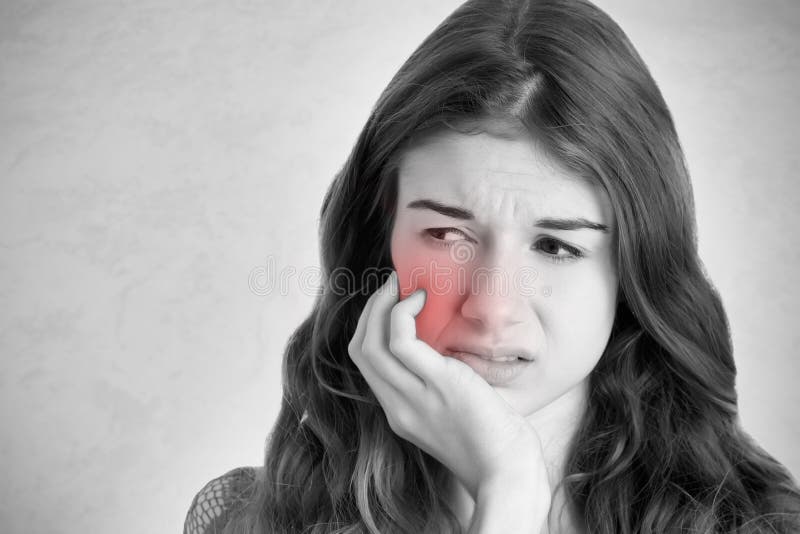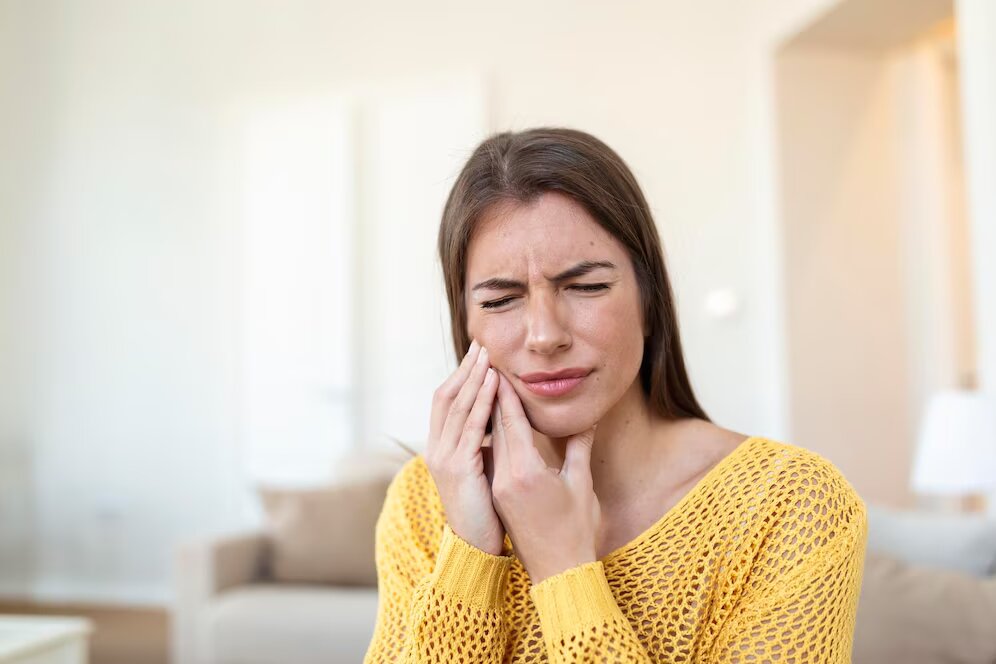Mal De Dent

The pesky and dreaded “Mal De Dent,” or toothache, a common affliction that has plagued humanity for centuries. It’s a painful reminder of the importance of oral health and the need for prompt attention when problems arise. Toothaches can be caused by a variety of factors, including decay, infection, gum disease, and even cracks or chips in the teeth. In this comprehensive exploration, we’ll delve into the world of toothaches, examining the causes, symptoms, and treatments, as well as provide expert advice on prevention and management.
Understanding Toothaches

Toothaches are typically characterized by a sharp, stabbing pain or a dull, throbbing ache in or around the tooth. The pain can be constant or intermittent, and it may worsen with pressure, temperature changes, or certain foods. Toothaches can be caused by a range of factors, including:
- Tooth Decay: Bacteria in the mouth break down the enamel and dentin, creating cavities and exposing the pulp.
- Gum Disease: Infection and inflammation of the gums can lead to gum recession, exposing the roots of the teeth.
- Cracked or Chipped Teeth: Trauma or wear and tear can cause cracks or chips, allowing bacteria to penetrate and infect the pulp.
- Abscesses: Bacterial infections can lead to the formation of abscesses, which are pockets of pus that can cause severe pain.
Identifying the Source of the Pain
Diagnosing the cause of a toothache can be challenging, as the pain can be referred from other areas of the mouth or face. A thorough examination by a dental professional is essential to determine the source of the pain and develop an effective treatment plan. This may involve:
- Visual Examination: A visual inspection of the teeth and gums to identify any visible signs of decay, cracks, or other issues.
- X-rays: Radiographic images to reveal hidden problems, such as cavities or abscesses.
- Pulp Testing: Gentle probing to assess the vitality of the pulp and determine the extent of any damage.
Treating Toothaches

Treatment for toothaches depends on the underlying cause and may involve a range of options, including:
- Fillings: Restoring damaged teeth with fillings to prevent further decay and alleviate pain.
- Root Canals: Removing infected pulp tissue to prevent the spread of infection and promote healing.
- Extractions: Removing severely damaged or infected teeth to prevent further complications.
- Medications: Prescribing pain relief medications, such as analgesics or antibiotics, to manage symptoms and address underlying infections.
Alternative Remedies
In addition to conventional treatments, some alternative remedies may provide relief for toothache pain. These include:
- Cold Compresses: Applying a cold, damp cloth to the affected area to reduce swelling and ease pain.
- Saltwater Rinses: Rinsing with warm saltwater to reduce inflammation and kill bacteria.
- Clove Oil: Applying clove oil to the affected area to numb the pain and reduce inflammation.
Preventing Toothaches
Prevention is key when it comes to avoiding toothaches. By maintaining good oral hygiene habits and attending regular dental check-ups, individuals can reduce their risk of developing toothaches. Some essential prevention strategies include:
- Brushing and Flossing: Regularly brushing and flossing to remove plaque and bacteria.
- Fluoride: Using fluoride toothpaste and mouthwash to strengthen teeth and prevent decay.
- Dietary Changes: Limiting sugary and acidic foods and drinks to reduce the risk of decay and erosion.
- Regular Check-ups: Attending regular dental check-ups to monitor oral health and address any issues promptly.
The Importance of Early Intervention
Early intervention is critical when it comes to toothaches. By seeking prompt attention, individuals can prevent minor issues from becoming major problems, reducing the risk of complications and promoting optimal oral health.
What are the most common causes of toothaches?
+The most common causes of toothaches include tooth decay, gum disease, cracked or chipped teeth, and abscesses.
How can I relieve toothache pain at home?
+To relieve toothache pain at home, try applying a cold compress, rinsing with saltwater, or using clove oil to numb the area.
Why is it important to seek prompt attention for toothaches?
+Seeking prompt attention for toothaches is essential to prevent minor issues from becoming major problems, reducing the risk of complications and promoting optimal oral health.
By understanding the causes, symptoms, and treatments of toothaches, individuals can take proactive steps to prevent and manage these painful afflictions. Remember, a healthy smile is just a step away, and with the right approach, you can maintain optimal oral health and avoid the dreaded “Mal De Dent” for years to come.
